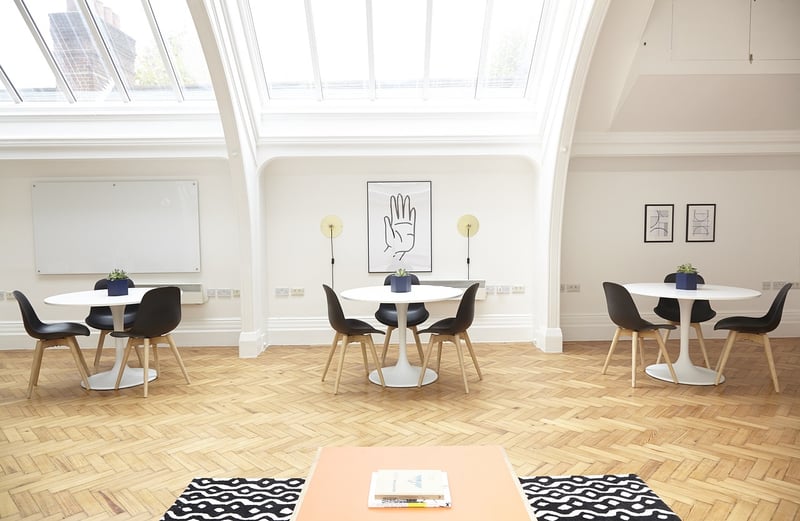Lighting Considerations
The Importance of Aesthetics & Functionality in Interior Design with Lighting Considerations
In interior design, aesthetics and functionality are crucial elements that can make or break a space. The way a room looks and feels can significantly impact the overall mood and well-being of its occupants. When considering aesthetics and functionality in interior design, lighting plays a vital role in creating the right ambiance and setting the tone for a room.
1. Aesthetics
Aesthetics refer to the visual appeal of a space. It involves the use of color, texture, patterns, and overall design elements to create a harmonious and pleasing environment. When designing a room, it's essential to consider the aesthetics to ensure that the space reflects the style and personality of its occupants.
Key Points:
- Choose a color palette that complements the room's purpose and desired atmosphere.
- Incorporate textures and patterns to add depth and visual interest to the space.
- Select furniture and decor that align with the overall aesthetic of the room.
2. Functionality
Functionality, on the other hand, focuses on how well a space meets the needs of its users. A functional room is one that is practical, efficient, and enhances the daily activities of its occupants. When designing a space, it's crucial to prioritize functionality to ensure that the room serves its intended purpose effectively.
Key Points:
- Consider the layout of the room to optimize traffic flow and usability.
- Choose furniture that is both stylish and comfortable for everyday use.
- Incorporate storage solutions to keep the space organized and clutter-free.
3. Lighting Considerations
Lighting is a fundamental aspect of interior design that can greatly influence the aesthetics and functionality of a space. Proper lighting can enhance the visual appeal of a room, create different moods, and improve overall functionality.
Key Lighting Considerations:
- Natural Light: Maximize natural light by using window treatments that allow sunlight to filter in.
- Task Lighting: Install task lighting in work areas such as kitchens and home offices to improve visibility.
- Ambient Lighting: Use ambient lighting to create a warm and inviting atmosphere in living spaces.
- Accent Lighting: Highlight architectural features or artwork with accent lighting to add visual interest.
By carefully considering aesthetics, functionality, and lighting in interior design, you can create a space that not only looks beautiful but also enhances the daily lives of its occupants.

Whether you're redesigning your home or working on a new project, remember that the right balance of aesthetics, functionality, and lighting can transform a space into a truly remarkable environment.
